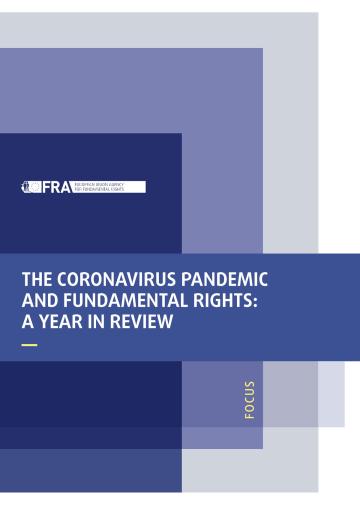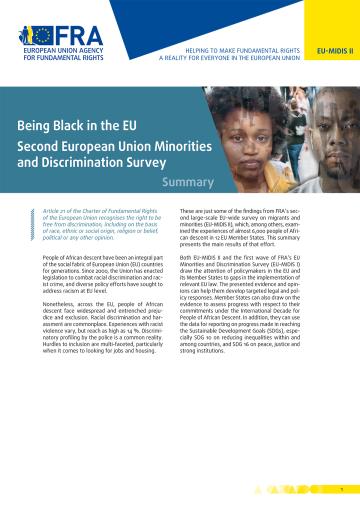La libertà professionale, sancita nel paragrafo 1 dell'articolo 15, è riconosciuta nella giurisprudenza della Corte di giustizia (cfr., tra l'altro, le sentenze del 14 maggio 1974, causa 4-73, Nold, Racc. 1974, pag. 491, punti 12, 13 e 14; del 13 dicembre 1979, causa 44/79, Hauer, Racc. 1979 pag. 3727, e dell' 8 ottobre 1986, causa 234/85, Keller, Racc. 1986, pag. 2897, punto 8).
Questo paragrafo si ispira inoltre all'articolo 1, paragrafo 2 della Carta sociale europea firmata il 18 ottobre 1961 e ratificata da tutti gli Stati membri, e al punto 4 della Carta comunitaria dei diritti sociali fondamentali dei lavoratori del 9 dicembre 1989. L'espressione `condizioni di lavoro` deve essere intesa nel senso dell'articolo 156 del trattato sul funzionamento dell'Unione europea.
Il paragrafo 2 riprende le tre libertà garantite dagli articoli 26, 45, 49 e 56 del trattato sul funzionamento dell'Unione europea, ossia libera circolazione dei lavoratori, libertà di stabilimento e libera prestazione dei servizi.
Il paragrafo 3 è stato basato sull'articolo 153, paragrafo 1, lettera g) del trattato sul funzionamento dell'Unione europea, e sull'articolo 19, punto 4 della Carta sociale europea, firmata il 18 ottobre 1961 e ratificata da tutti gli Stati membri. Si applica pertanto l'articolo 52, paragrafo 2 della Carta. La questione dell’ingaggio di marittimi aventi la cittadinanza di Stati terzi negli equipaggi di navi battenti bandiera di uno Stato membro dell’Unione è disciplinata dal diritto dell'Unione e dalle legislazioni e prassi nazionali.










